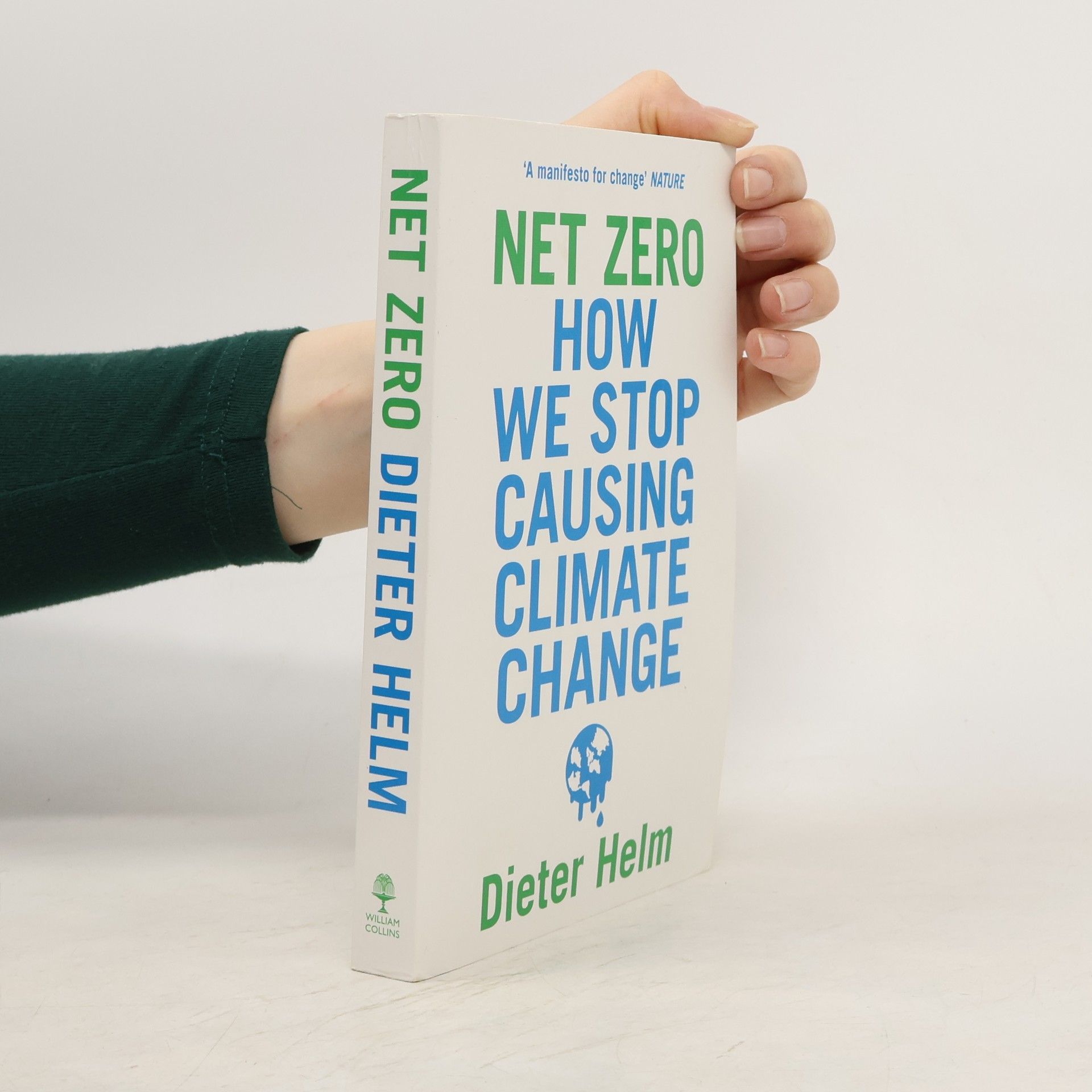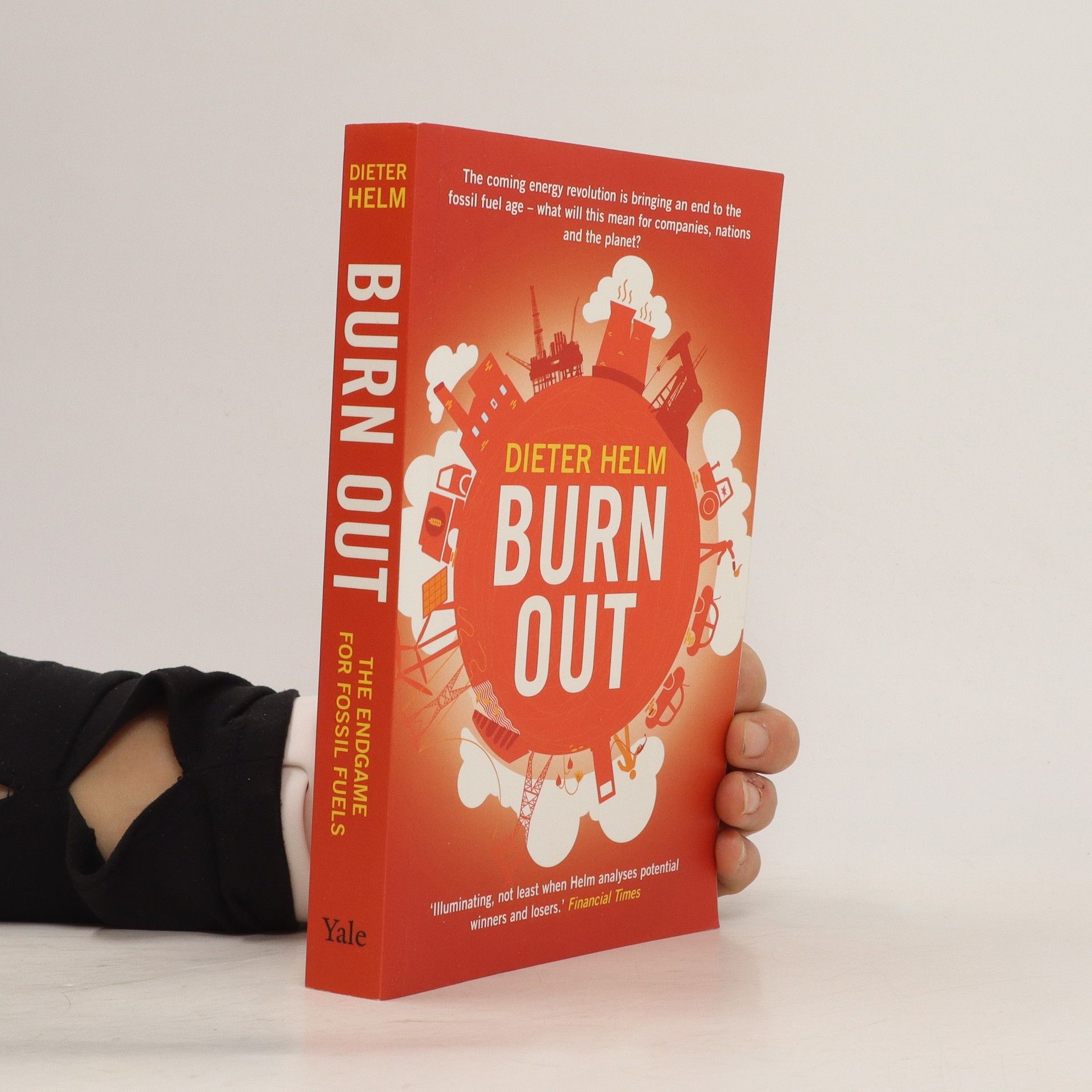Niedrige Ölpreise erschüttern die Weltwirtschaft. Der renommierte Energieexperte Dieter Helm erklärt, warum diese und besonders technologische Veränderungen unzweifelhaft ankündigen, dass das Zeitalter der fossilen Brennstoffe zu Ende geht. In seinem neuen provokativen Buch weist er nach, dass neue Technologien wie die Nanotechnologie die Nachfrage nach Öl, Gas und Kohle unaufhaltsam reduzieren – und dies schneller und effektiver als das in den Entscheidungszentren von Politik und Wirtschaft gedacht wird. Energiekonzerne und Erdöl exportierende Länder werden die Verlierer dieser Entwicklungen sein, während Staaten, die in neue Technologien investieren, als Sieger im geopolitischen Spiel dastehen könnten. Wie sollen Regierungen und Unternehmen reagieren? Dieter Helms Ratschläge sind radikal und überraschend, denn wir stehen am Beginn eines neuen Energiezeitalters. Mit einem Vorwort von Günther Oettinger.
Dieter Helm Bücher
Dieter Helm ist Fellow für Ökonomie am New College in Oxford und Professor für Energiepolitik an der Smith School of Enterprise and the Environment der Universität Oxford. Seine Arbeit befasst sich mit breiteren wirtschaftlichen und ökologischen Fragen, insbesondere im Energiesektor. Er untersucht, wie Unternehmen und Regierungen die komplexen Herausforderungen der Nachhaltigkeit und Ressourceneffizienz bewältigen können. Seine Analysen bieten wertvolle Einblicke in die Zukunft der Energie und ihre gesellschaftlichen Auswirkungen.





Burn Out
- 304 Seiten
- 11 Lesestunden
An energy revolution is under way with far-reaching consequences for nations, companies, and the way we address climate change Low oil prices are sending shockwaves through the global economy, and longtime industry observer Dieter Helm explains how this and other shifts are the harbingers of a coming energy revolution and how the fossil fuel age will come to an end. Surveying recent surges in technological innovations, Helm's provocative new book documents how the global move toward the internet-of-things will inexorably reduce the demand for oil, gas, and renewables--and prove more effective than current efforts to avert climate change. Oil companies and energy utilities must begin to adapt their existing business models or face future irrelevancy. Oil-exporting nations, particularly in the Middle East, will be negatively impacted, whereas the United States and European countries that are investing in new technologies may find themselves leaders in the geopolitical game. Timely and controversial, this book concludes by offering advice on what governments and businesses can and should do now to prepare for a radically different energy future.
What can we really do about the climate emergency? The inconvenient truth is that we are causing the climate crisis with our carbon intensive lifestyles and that fixing - or even just slowing - it will affect all of us. But it can be done. In Net Zero the economist Professor Dieter Helm addresses the action we would all need to take, whether personal, local, national or global, if we really wanted to stop causing climate change. Net Zero is Professor Dieter Helm's measured, balanced view of how we stop causing climate change by adopting a net zero strategy of reducing carbon emissions and increasing carbon absorption. It is a rational look at why the past 30 years efforts has failed and why and how the next 30 years can succeed. It is a vital book for anyone who hears the clamour of Extinction Rebellion and other ecological activists, but wonders what they can actually do.
Green and Prosperous Land
- 336 Seiten
- 12 Lesestunden
'One of the most important books of the decade' Country Life Finally, a practical, realistic plan to rescue, preserve and enhance nature.
Legacy answers one of the most important questions faces us today. What would an economy look like if it were to be sustainable and hence leave the next generation with the capabilities to choose how to live their lives, having addressed the great environmental challenges of climate change and biodiversity loss?